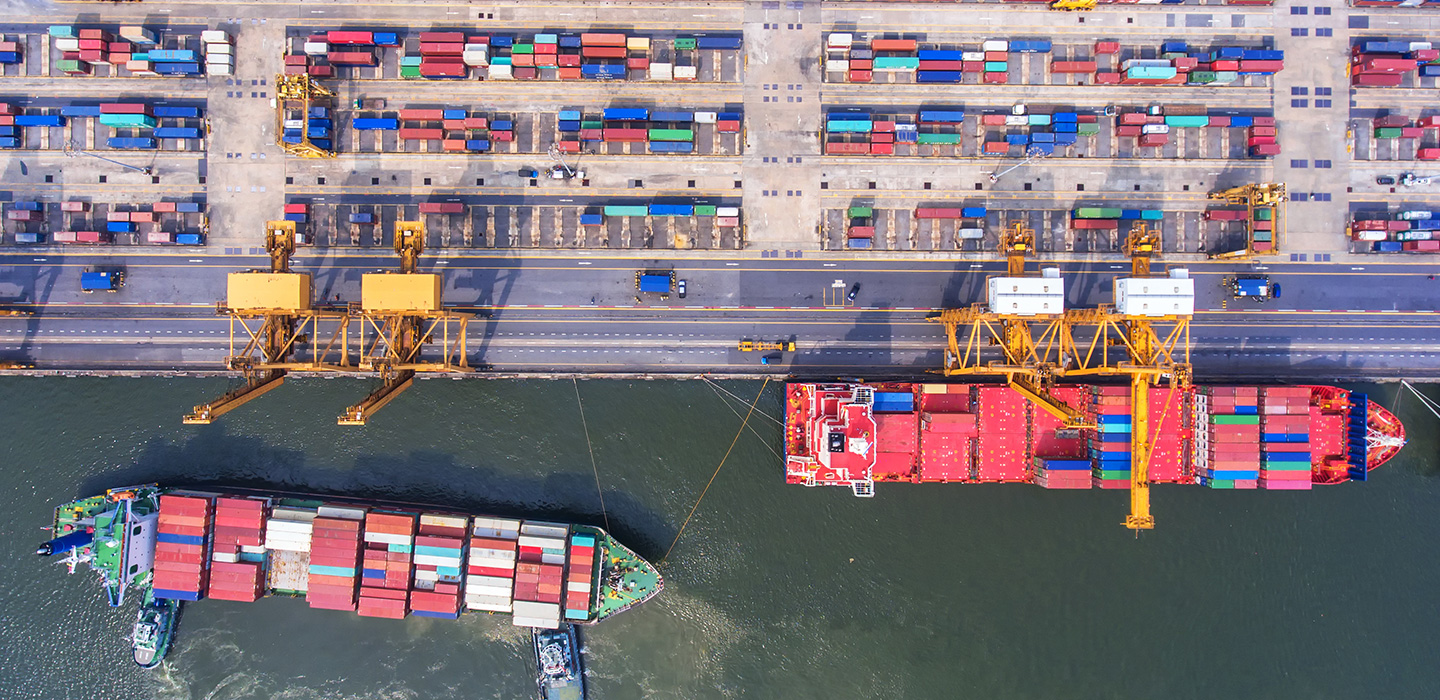After more than eight years of negotiation, the ratification of the Comprehensive Agreement on Investment (CAI) — an agreement to facilitate investments between the European Union (EU) and China– has come to a halt in the European Parliament this week.
The CAI investment deal was designed to allow greater level of access to investors between China and the EU. This deal would represent a major boost for the global economy and serve as a major tool for the post-pandemic global recovery.
With the recent global resurgence of protectionism, a ratification of such a deal would represent improvement in the general economic outlook. Further commitment to global trade and flow of investment is exactly what we need to ensure global prosperity.
Take the current fight against COVID-19 as an example, countries are fighting incessantly to control the spread of the virus. Each country is also trying to make sure that there is enough provision of medical, personal protective equipment, vaccines and therapies available for their citizens.
Given that the supply chains are so intertwined and production units are so interconnected across geographies, abundance of ammunition to fight COVID-19 is only attained if we allow goods and intermediate goods to trade freely. We also need investments to set up plants and factories with no significant hurdles and delays.
The macroeconomic dynamics of greater uncertainty
The suspension of the ratification CAI deal will surely introduce some political noise and uncertainty to the international economic environment. And uncertainty can play a significant role in shaping trade flows, welfare and macroeconomic dynamics.
Recent findings suggest that one of the greatest benefits to the global economy with China’s WTO accession was not caused only by the reduction of tariffs, but also by a reduction of trade policy uncertainty*.
In that sense, the ratification of a treaty like the CAI investment deal can also bring significant benefits to the global economy by reducing uncertainty over investment policies. Ratifying the CAI agreement will send a strong signal that the world will be more integrated, which is exactly what the post-pandemic world needs to ensure a fast recovery.
It takes years to build successful businesses and investors want to have a stable regulatory system to ensure that they can recoup the benefit of their investments. The CAI investment deal can reduce risks for foreign investors and increase foreign direct investment (FDI) inflows to both economic blocks.
To the extent that we can reduce the level of uncertainty, investment flows will help countries to become more productive and more prosperous.
Today China is both a major player in the trade of goods and services. It is also a recipient and source of foreign investment in the world. Such a comprehensive investment deal can help to mitigate uncertainty about investment policies between China and EU, and that in turn, will translate into higher consumption and output for the two economies.
The macroeconomic benefits of the reduction in uncertainty can be quite large in terms of consumption and aggregate output for both economies. If we want to have a more prosperous and stable global economy, certainly the solution is further integration, and not protectionism.
Competitive benefits of CAI
In a nutshell, investment agreements seek to “level the playing field” between domestic and foreign investors. Under such schemes, the investment treaty guarantees equal legal and regulatory treatment to all investors, foreign or domestic.
In the context of the CAI deal, China has made significant commitment in manufacturing, which accounts for half of the European investment in China. European business in the automobile and basic materials industry, which includes production of electric vehicles, chemicals and telecoms and health equipment, will find this deal conducive to their business planning.
Similarly, Europe-27 has also made significant commitment to Chinese investment. The flow of Chinese FDI to Europe has been declining in the recent years, after experiencing a rapid increase from 2008-2017. In that sense, an investment deal that can provide a stable investment environment is essential for these two economic powerhouses to amplify their investment ties.
If CAI is ratified, the increase in FDI in each country will increase the productivity level of all countries by encouraging new investments, especially by the most efficient firms. This higher investment means higher output, higher consumption, and a stronger labour demand market.
But the benefits do not end there, when foreign and domestic investors are treated under the same legal and regulatory treatment, without special rights and privileges, companies will find enough incentive to innovate. This competitive mechanism will be highly efficient for the host country: capital is allocated into the most productive sectors. In that sense, CAI can provide significant long-run economic benefit for all parties involved.
The future of CAI
Whether the CAI deal will be ratified remains uncertain. However, the economic benefits that such an ambitious deal can bring to these two economic powerhouses are significant and much needed for a world post-pandemic. A transparent legal framework for foreign and domestic investors will attract foreign investment and ensure that capital is allocated in the most efficient manner. Providing a clear picture to the investors by ratifying the CAI deal sooner rather than later will have immediate economic benefits to all countries involved in the treaty.




